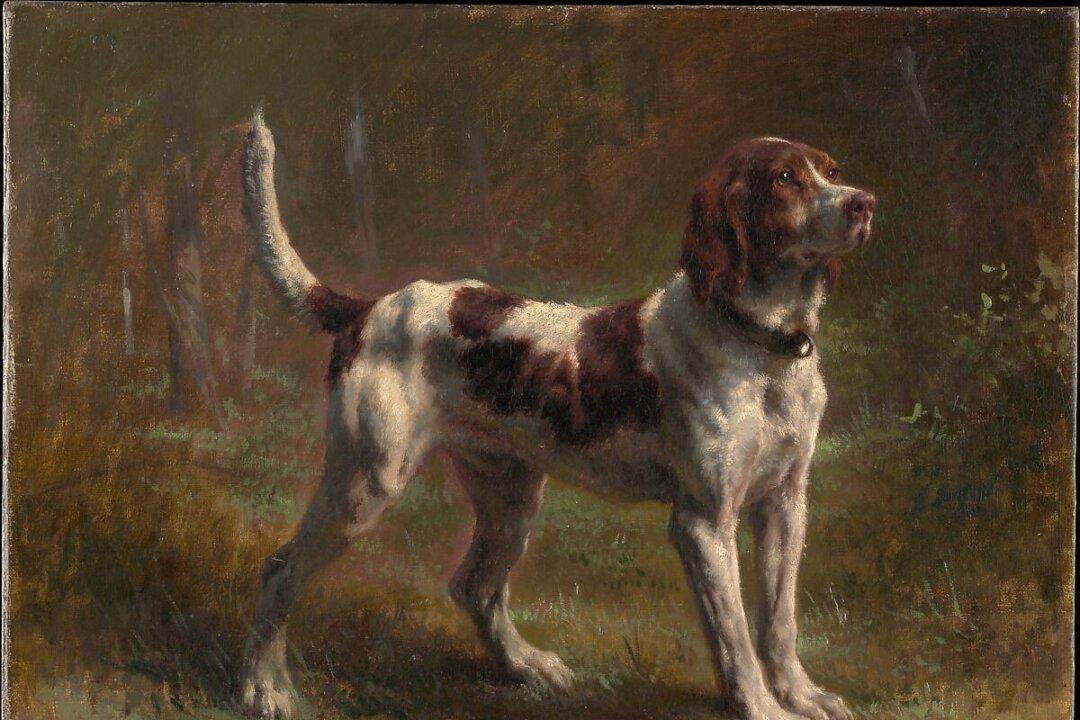I fled Him, down the nights and down the days; I fled Him, down the arches of the years; I fled Him, down the labyrinthine ways Of my own mind; and in the mist of tears I hid from Him, and under running laughter.
So begins “The Hound of Heaven.” The narrator of this poem is a fugitive, a man on the run—not from the law but from God. The hound of heaven is, of course, God himself. This attempted evasion is the simple premise of “The Hound of Heaven.”Though Francis Thompson wrote and published other verse and prose during his lifetime, it is “The Hound of Heaven” for which he is remembered. It brought him to the attention of the public, and won the praise of several writers.






